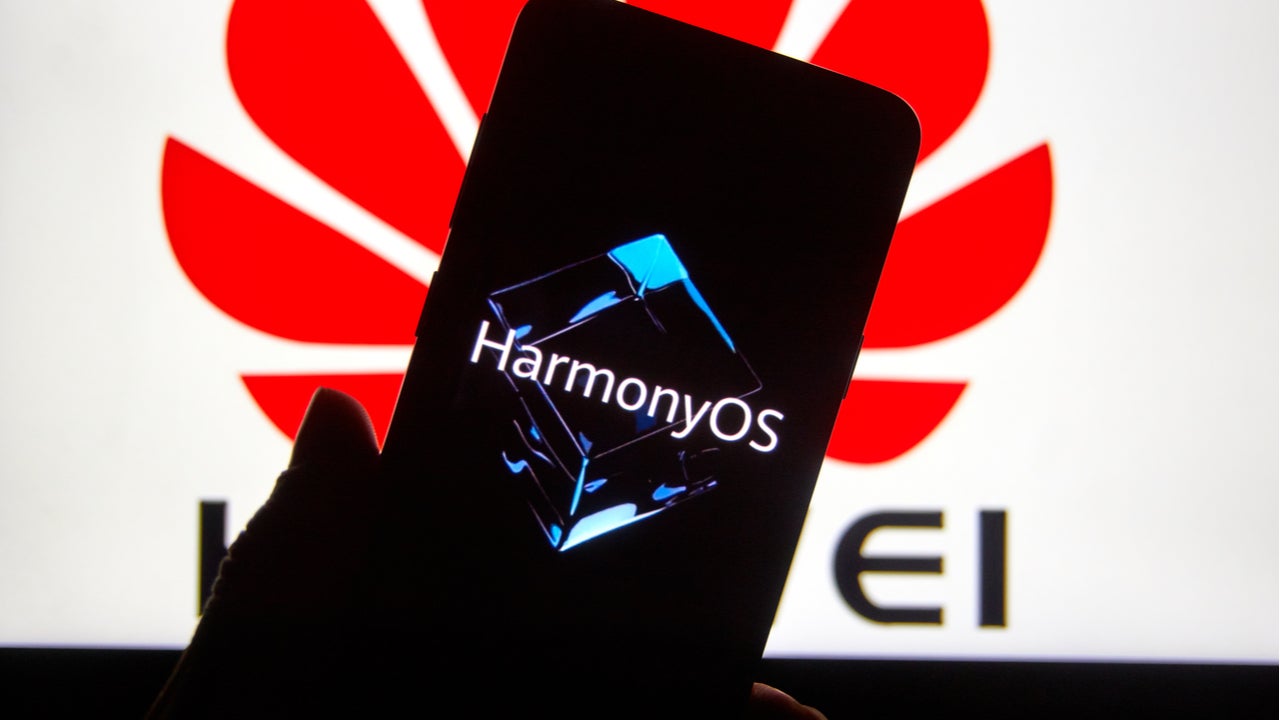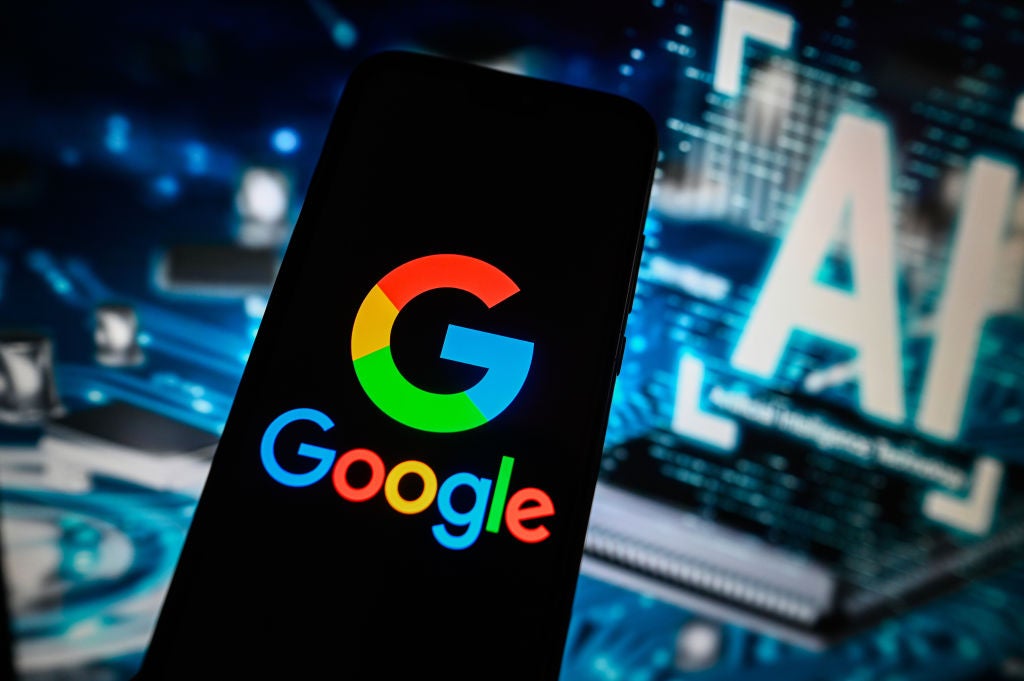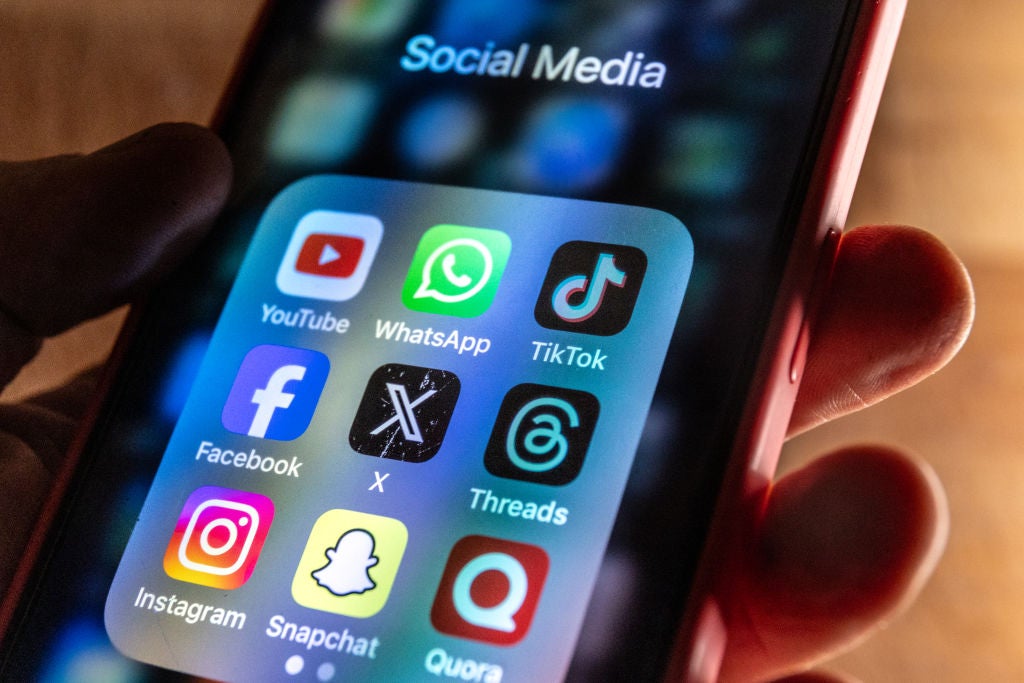
Huawei Technologies has now released its self-developed operating system (OS) software in an attempt to challenge Google’s dominance in smartphone OS. The move comes after the US imposed sanctions on the Chinese tech behemoth, barring it from using Google’s Android.
During a fully virtual launch event on Wednesday, the company introduced its new software, known as HarmonyOS (also called HongmengOS in China), for smartphones, tablets, smartwatches and other Huawei products.
Under the motto “one as all, and all as one,” the company emphasised the new operating system’s ability to wirelessly and seamlessly connect various devices, touting Huawei’s aim to advance its position in next-generation technologies and the Internet of Things (IoT).
“HarmonyOS is designed to provide the glue between a growing array of connected devices that Huawei is targeting,” a CCS Insight analyst told the BBC.
“Huawei will be hoping that it can follow Apple’s lead, by having a single software platform that extends in all directions, providing a seamless experience to customers that buy into its ecosystem of products,” he added.
At the launch, the Shenzhen-based company also reiterated HarmonyOS’ originality as an in-house creation – a defiant act that would let the company break free of American software influence.
How well do you really know your competitors?
Access the most comprehensive Company Profiles on the market, powered by GlobalData. Save hours of research. Gain competitive edge.

Thank you!
Your download email will arrive shortly
Not ready to buy yet? Download a free sample
We are confident about the unique quality of our Company Profiles. However, we want you to make the most beneficial decision for your business, so we offer a free sample that you can download by submitting the below form
By GlobalDataPreviously, Richard Yu, the CEO of Huawei’s consumer business group, said that HarmonyOS “is completely different from Android and iOS.” Huawei President of Consumer Software, Wang Chenglu, echoed this sentiment by claiming that “HarmonyOS is not a copy of Android, nor is it a copy of iOS.”
However, critics have pointed out that Huawei’s operating system is strikingly similar to Android. Ars Technica argued that the “HarmonyOS is essentially an Android fork.” As such, like various modern operating systems, it belongs to the “Unix-like” family.
A deep-dive reveals that the HarmonyOS 2.0 operating system – similar to HarmonyOS 1.0, which was based on Android 9 Pie – is mostly a rebranded version of its Android-powered EMUI 11 with all references to Android replaced by “HarmonyOS”.
In fact, Huawei’s HarmonyOS has been around for a few years, but the 2.0 version now also powers phones, tablets, smartwatches and other internet-connected devices, whereas its predecessor only worked on smart TVs.
In 2019, the US Commerce Department’s Bureau of Industry and Security (BIS) placed Huawei on the so-called Entity List, thus cutting the Chinese company off from US suppliers.
Huawei (along with 46 non-US affiliates) was flagged as an enterprise that poses “a significant risk of involvement in activities contrary to the national security or foreign policy interest of the United States.”
Companies on the Entity List are subject to US license requirements for the export or transfer of certain items to the country. Practically, this means that Huawei is banned from doing business with US-based companies.
Interestingly, the former Huawei subsidiary, Honor, will also be eligible for the HarmonyOS update. Just last month, the brand, now owned by Shenzhen Zhixin New Information Technology (in effect by the Chinese government) suggested that its new releases would have Google’s Android operating system pre-installed.
Following the US trade ban, Huawei sold its low-cost smartphone brand Honor to a third party. Afterwards, it pledged that “once the sale is complete, Huawei will not hold any shares or be involved in any business management or decision-making activities in the new Honor company.”





